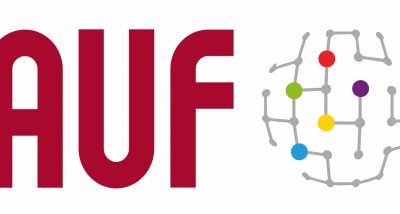The implementation of a market intelligence system has become essential for many companies, regardless of their size, in order to anticipate the threats or opportunities they may face.
However, it is not enough to have a tool to be able to get real results: developing a market intelligence strategy upstream is necessary to ensure the effectiveness and sustainability of the system.
To do this, it is important to set precise and achievable objectives, but also to identify the success factors of the implementation of a market intelligence system, in order to appreciate its benefits.
The importance of organizational factors
- Defining the limits of the research : It is essential to define the main objective of the research, for example, by asking what type of information should be collected and which internal subjects are already covered... This will help improve the organizational strategy of the project.
- Accessibility of the results : Some of the information collected could be coming from paid or private sources, and would not be publicly available. It is essential to think of concrete ways to collect this information to enrich the market intelligence process. For example, it would be interesting for a company to subscribe to the press according to its information needs.
Consideration of human factors
- Involving employee : Setting up a market intelligence system within an organization requires the involvement of some of the employees. Knowing that some of the participants have tasks to prioritize and responsibilities to assume, it is important to involve each of them by familiarizing them with the market intelligence process. As a result, they will be willing to understand the added value of setting up a market intelligence system within the company. Employees will be able to measure the impact of their contributions on the company's results.
- Information management : It is not enough to collect information for market intelligence to generate measurable results. It is absolutely necessary to plan how it will be processed and diffused (by which channels, to whom...), and how it will be collected. The information system must be structured, which will allow the company to optimize its performance.
Identifying the material factors
- Choosing the right tools : The technological solutions to use depend mainly on the general objective of the market intelligence : a team wishing to conduct real-time market intelligence on social networks for community management will probably not use the same tool as a team wishing to conduct strategic market intelligence on the web. It is essential to consider the functionalities adapted to the objectives (paid sources, video content, blog posts, market studies, etc.).
- Sustaining the uses : Setting up a market intelligence system within your company is only one step towards the success of the project. There is a real issue of animation of the market intelligence network to perpetuate the system in the long term. An adapted guidance will reinforce the chances of success in the long term. The company must also be able to maintain the market intelligence active in the case of the retirement of certain employees involved in the system.
The conciliation of a tool and a strategy

In the process of a market intelligence process, it is essential to take into account the fact that the tool will only bring results if it is associated with a well identified strategy. The success of the project will depend on it. It is also essential that the project has a pilot who gradually involves all the employees concerned by the implementation of the market intelligence system.
It should also be highlighted that the project must be supported by management, both financially and strategically (allocate time to market intelligence, train and familiarize employees with this activity).
What are the challenges of market intelligence ?
In many organizations, operational teams (especially sales and development) have already integrated business intelligence as a daily tool to help them make decisions. On the other hand, the general management and executive committees, even though they are more and more numerous to get involved in strategic intelligence, sometimes still need to be convinced. The Sindup team knows how to adapt to each level of the organization's maturity in order to progressively support the market intelligence approach and move towards a global dynamic.
Moreover, our teams are able to design ready-to-use deliverables, representing a real decision-making tool for the members of the CODIR, and/or to train the internal teams in their implementation through training sessions.
